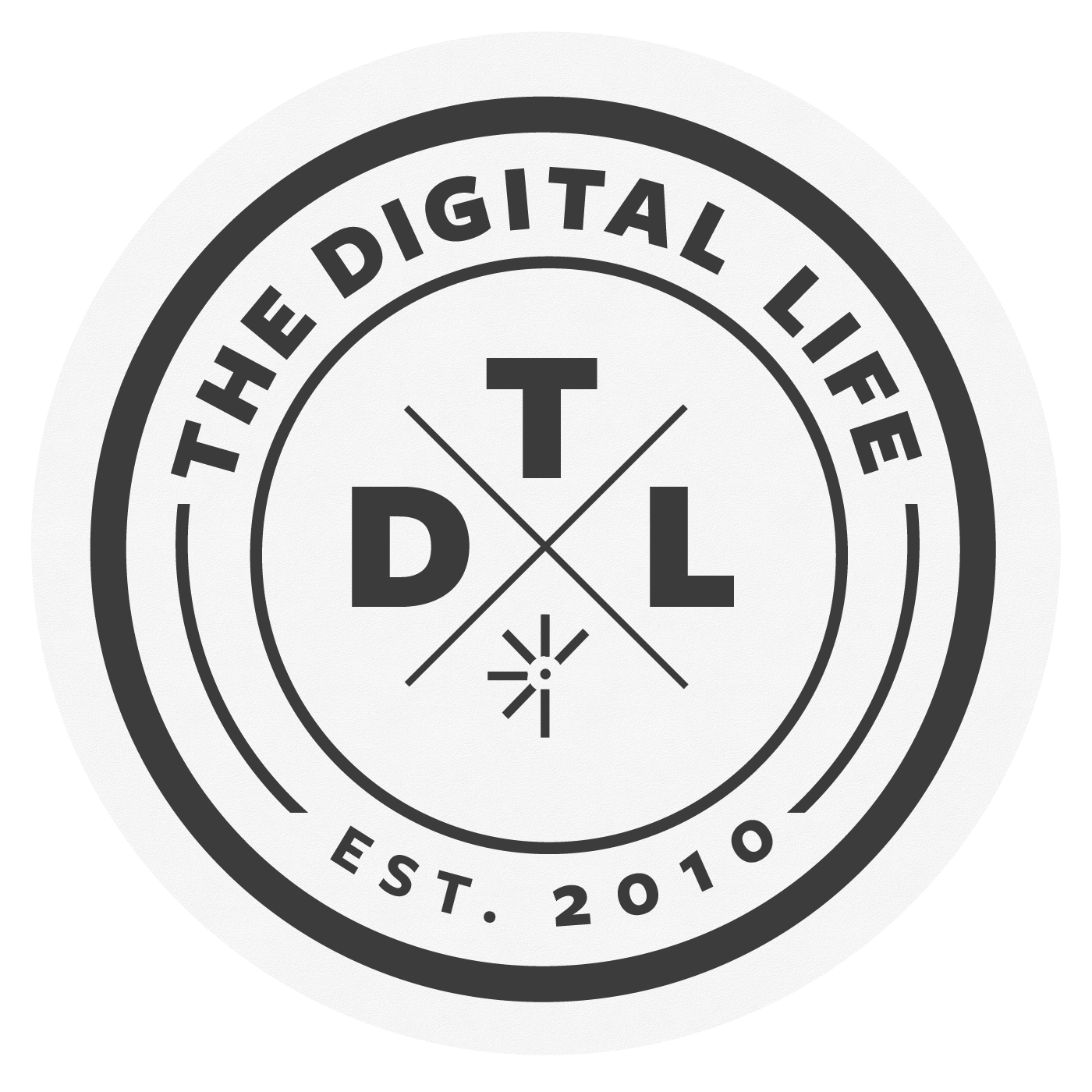Episode Summary
Along with the promise of emerging technologies — such as robotics, genomics, synthetic biology, 3d printing, and the Internet of Things — comes the very real problem of unintended consequences for people and our environment. While we can't, in any real sense, truly predict the future, we can see how technologies of the past and present — from industrial factories to automobiles to nuclear weapons — have changed the landscape of our world, perhaps in ways that would have astounded the innovators who made those technologies possible.
In this episode of The Digital Life, we discuss the challenge of unintended consequences inherent in the adoption of emerging technologies and the potential role of user experience in mitigating them.
If you're interested in reading more on this topic you may want to check out our recent blog posts:
- The Future of Design: UX for Emerging Technologies
- The Future of Design: UX for Genomics and Synthetic Biology
Here are a few quotes from this week's discussion.
Jon on the promise of synthetic biology:
Part of the promise of synthetic biology, for instance, and biotech generally speaking, is that some of the answers around sustainable energy solutions could come from those fields. You have biodiesel that would be produced by a modified organism like an e. coli bacteria that is manipulated in the lab to generate this diesel fuel. Now, all of that takes energy. These bugs all need to consume something, they need to be produced in a certain way. They need to be protected from the environment outside. This process needs to be scaled up to an industrial-type solution. All of those things walk hand in hand. “Can you produce this biofuel at less of an energy cost than you’re replacing with the fuel itself?” becomes a real sustainability question for some of this emerging tech.
Dirk on unintended consequences of technological "progress":
Let’s take health tech out to the nth degree, and let’s say, cancer is cured and organs can be hot swapped in and out and the whole nine yards ... For the sake of a hypothetical example, let’s say everyone now suddenly is living to 200 years of age. The modeling around what that would do to the world population would be frightening indeed.
A lot of the problems that we are foisting upon the planet have to do with overpopulation as much as they have to do with burning fossil fuels and all of these other things. In our own well-intentioned attempts to pursue something closer to immortality for ourselves, selfishly for the one or the people we care about, we are unintentionally undermining the long-term viability and quality of life of the future of the species.
At the macro level, I am really skeptical about all of our attempts to extend life, cure disease, replace body parts. I think it’s really shortsighted, really selfish, and the impact on the human system and the earth system threatens to be absolutely catastrophic and faster than we might realize.
Subscribe to The Digital Life on iTunes and never miss an episode.